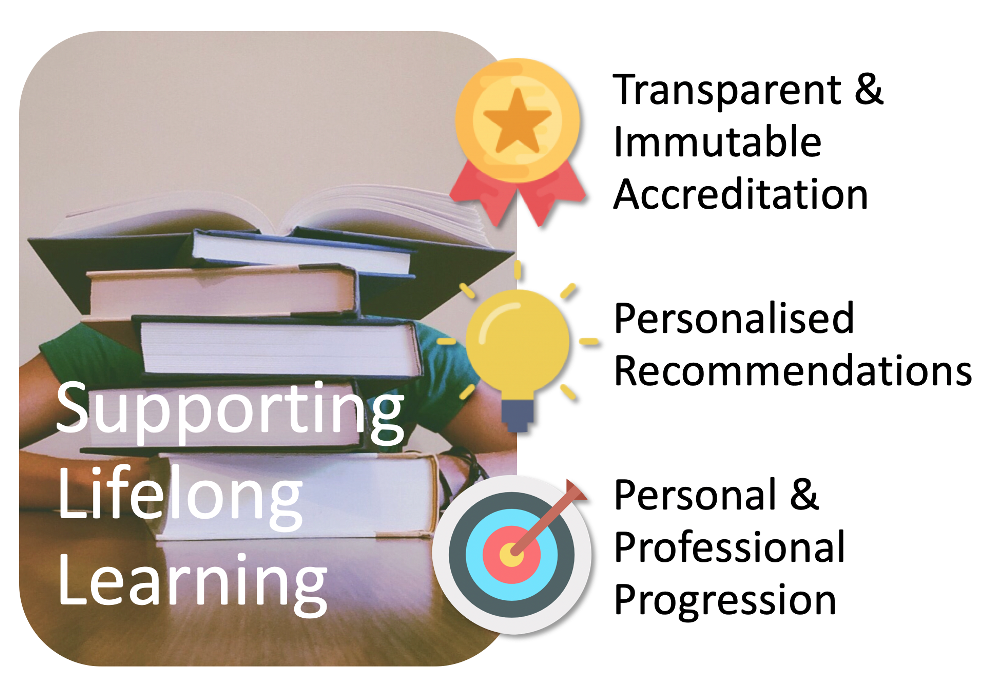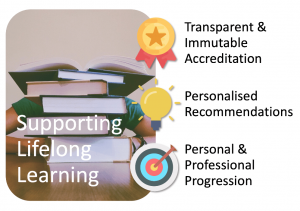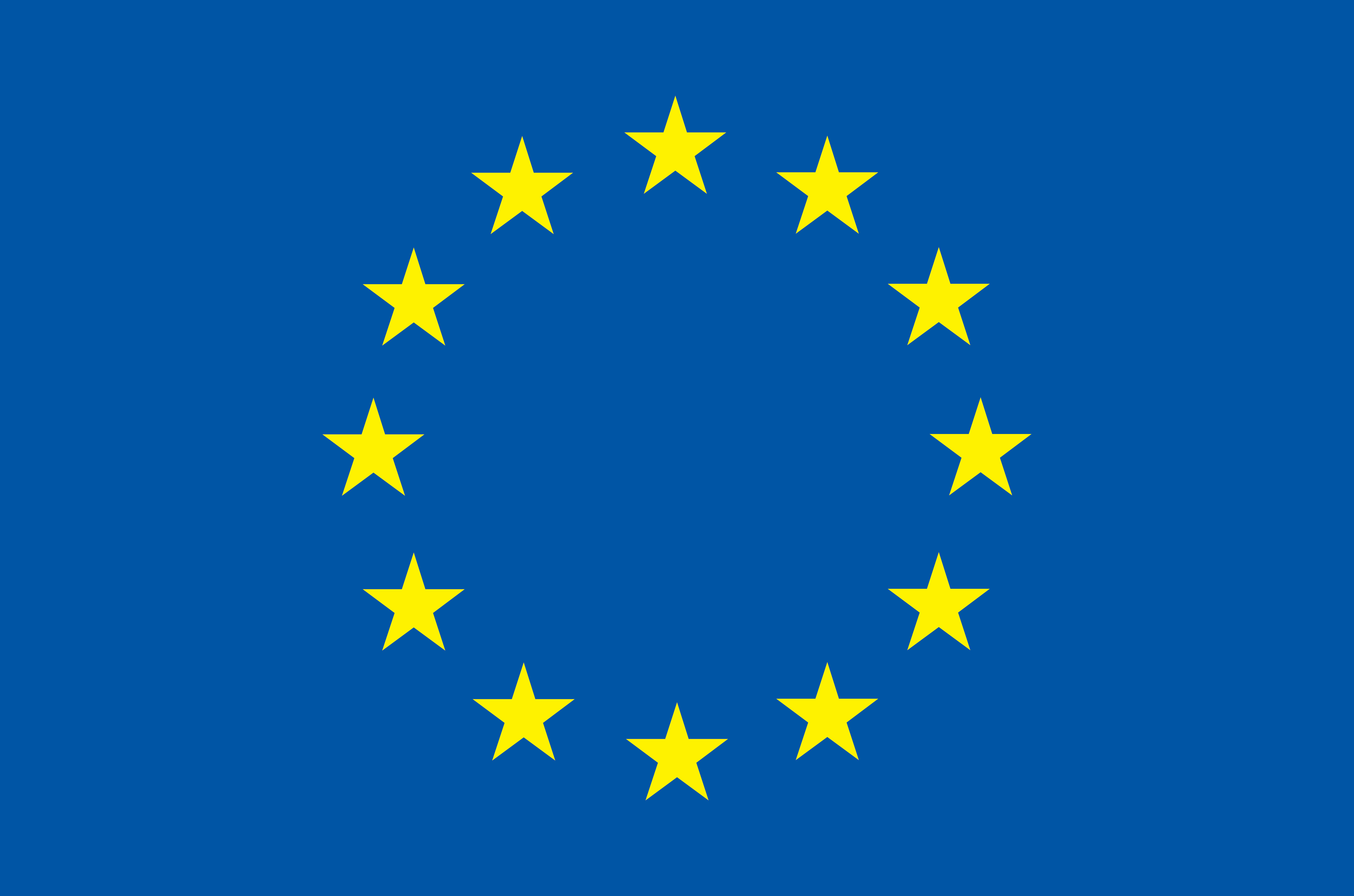

Blockchain technology provides a decentralised peer-to-peer infrastructure, supporting openness, transparency, accountability, identity management and trust. As such, the Blockchain has the potential to revolutionise education in a number of ways. Blockchain technology offers opportunities to thoroughly rethink how we find educational content and training services online, how we register and pay for them, as well as how we get accredited for what we have learned and how this accreditation affects our career trajectory.
Alexander Mikroyannidis, Allan Third and John Domingue (The Open University, UK) have recently published a paper entitled “A case study on the decentralisation of lifelong learning using blockchain technology” in the Journal of Interactive Media in Education (JIME). The paper reports outcomes of the QualiChain pilot on the decentralisation of lifelong learning. In particular, the authors investigate the different scenarios and requirements for making online education and lifelong learning more open and decentralised, while placing lifelong learners in control of their learning process and its associated data. Additionally, the authors discuss various approaches to the Semantic Blockchain and the applications of these approaches on education.
The accepted manuscript is available to download from here.




